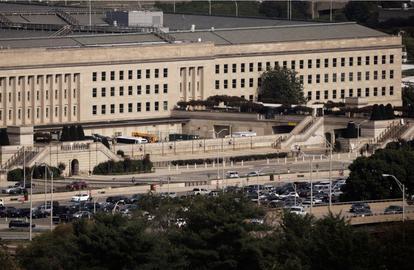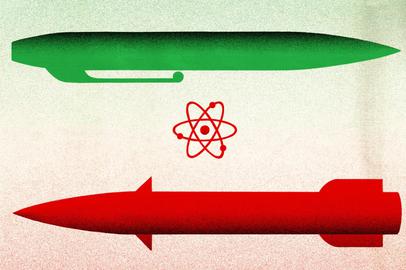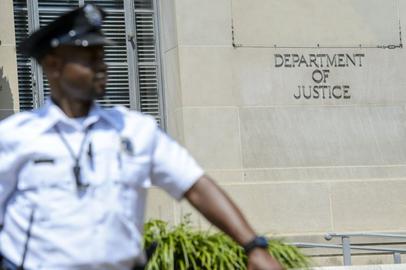In 1987 Amirhussein Amir-Parviz, a former cabinet minister in the Shah of Iran’s government, was sitting in his car in London. Mr Amir-Parviz led a group opposed to the Islamic regime which had taken power in Tehran in 1979. When a bomb under his seat exploded, Mr Amir-Parviz escaped. He was just one among scores of people targeted by Iranian agents across Europe in the 1980s and 1990s. Now, it seems, the bad old days are back, the Economist newspaper writes.
Britain has identified at least 15 credible threats by Iran to kill Britons or British residents since the start of 2022 alone. On January 29th the government imposed new sanctions on members of an Islamic Revolutionary Guard Corps (irgc) unit that had tried to assassinate two presenters at Iran International, a Britain-based tv station. It is “quite an unprecedented time”, says a British government official who works on Iran. “We are at the peak level of Iranian state activity globally since 1979.”
Iran’s Islamic Republic has a long record of foreign skulduggery. But such activity has revived dramatically in recent years. In September 2022 the death of Mahsa Amini, a young Kurdish-Iranian woman who had been arrested for flouting the mandatory hijab law, prompted huge protests across Iran. The regime, spooked and vulnerable, went after what it saw as subversives abroad. London, the centre of a loose network of activists and dissidents that constitutes Iran’s opposition in exile, is a big target—even more so now, after the war in Gaza and British participation in attacks on Iranian-backed Houthis.
The most prominent quarry has been Farsi-language broadcasters like Iran International and bbc Persian. In February 2023 Iran International was forced temporarily to abandon its operations in Britain citing the threat from Iran, which had declared it a terrorist organisation in the wake of its reporting about the death of Amini. In December a Chechen-Austrian man was sentenced to more than three years in jail for collecting information about the channel’s former offices.
No one has been physically harmed so far. “If they wanted to kill people they could have done it,” says a former British diplomat. But scare people they have. All the Farsi-speaking journalists in London contacted by The Economist said they or their families in Iran had been intimidated. One had been moved to a safe house after men on a motorbike had shouted death threats at his wife along with the address where she lived. Some had resigned.
New security laws to tackle foreign spying on British soil came into effect late last year. All the journalists we spoke to had received visits by counter-terrorism police advising them to change their daily routines and to avoid visiting countries near Iran, including Turkey and the uae. Some had received panic alarms. But all fear the police are overstretched. When one called an emergency number no one answered.
visit the accountability section
In this section of Iran Wire, you can contact the officials and launch your campaign for various problems




















comments